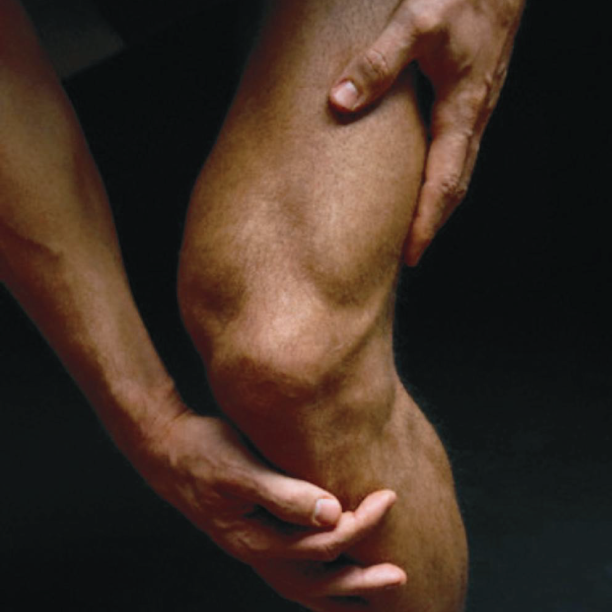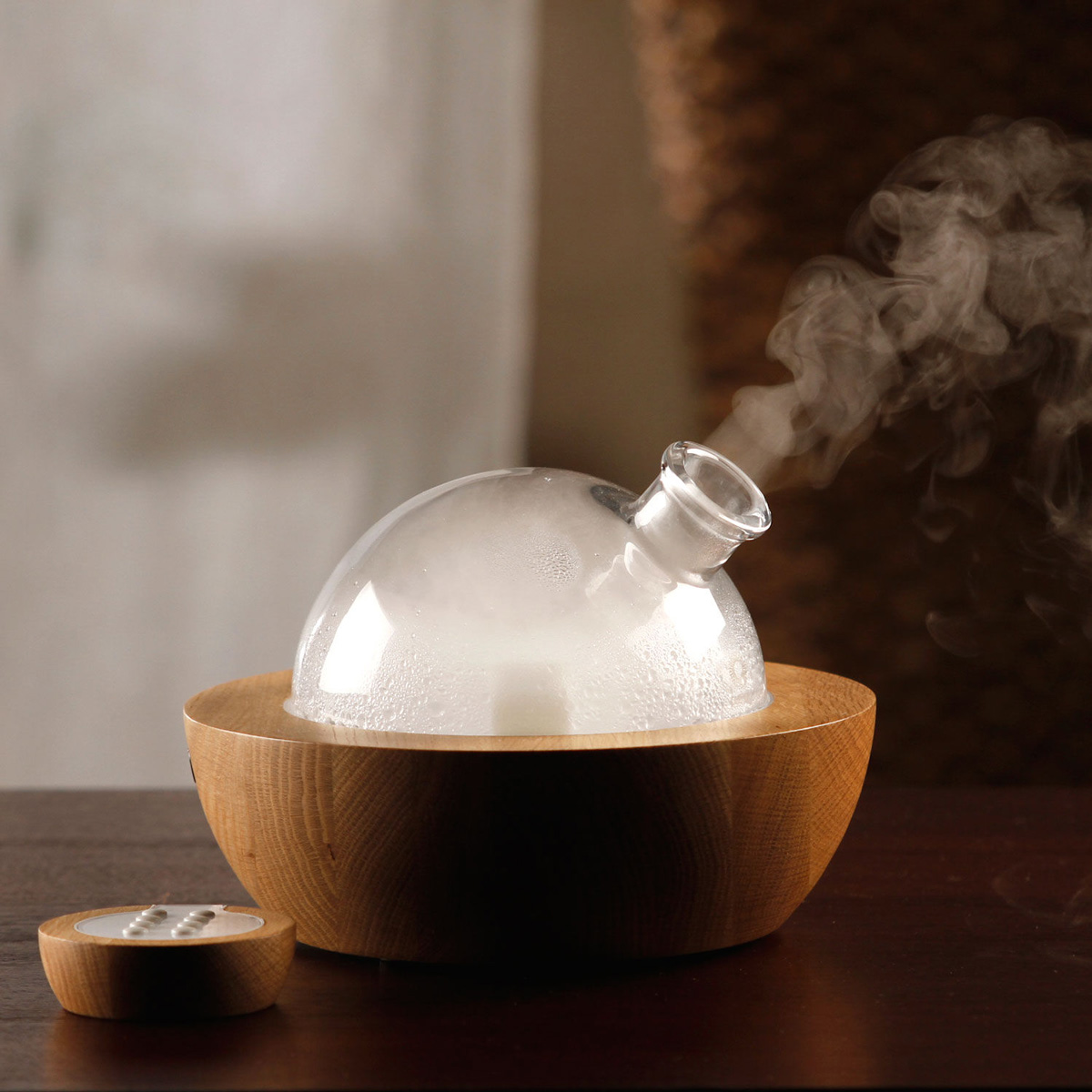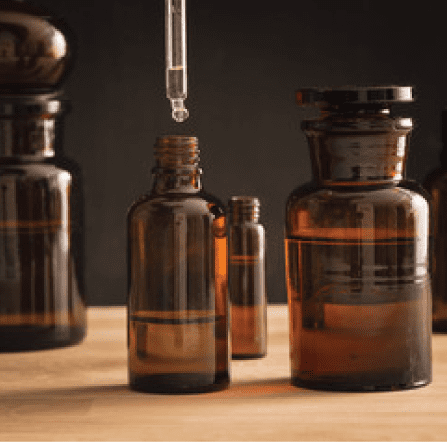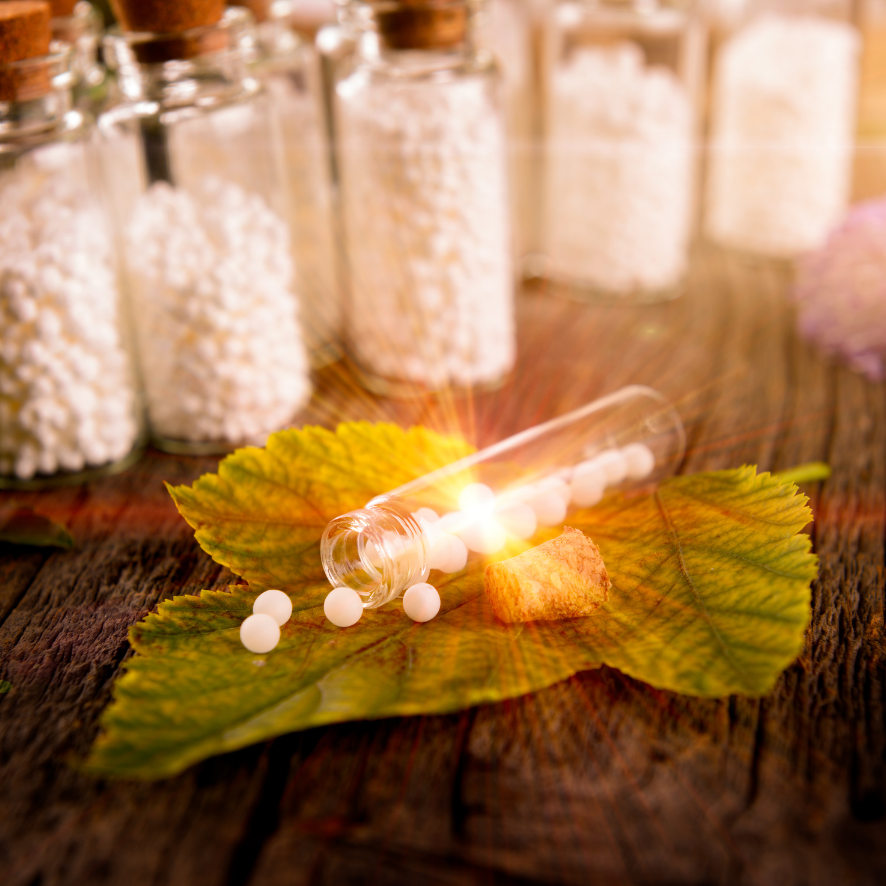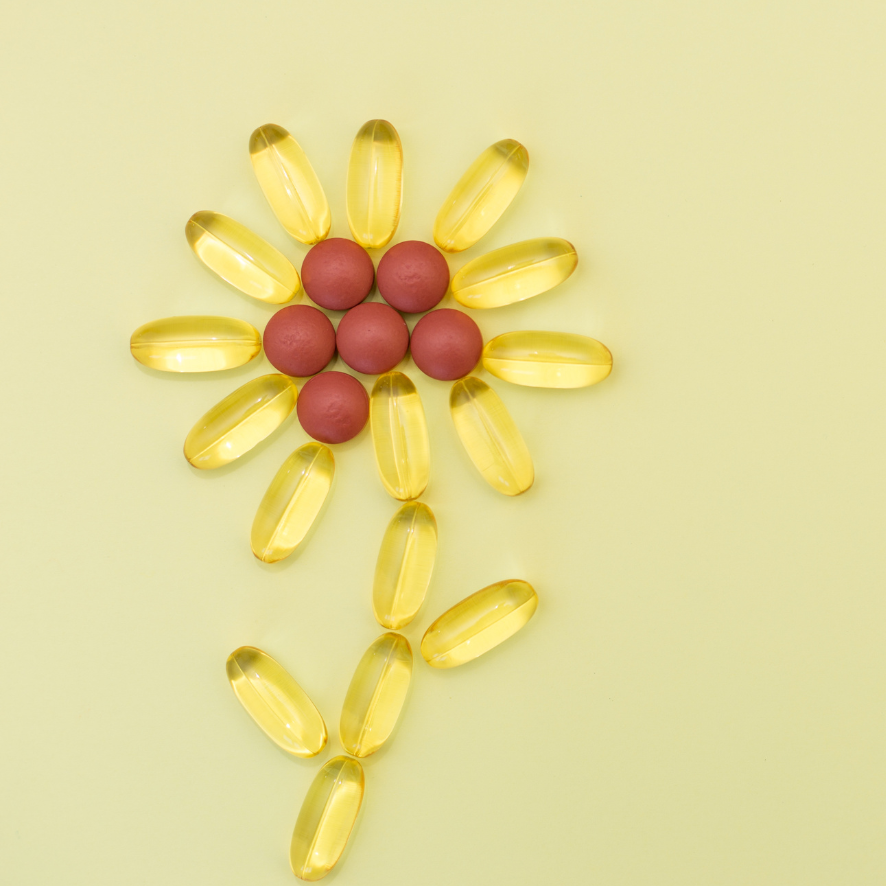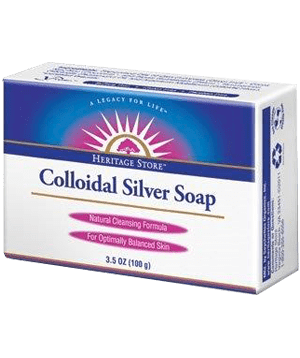If you've reached this page you may be lost. While you're here, check out our sale items and blog below. (NOTE: Due to covid, some regulations have changed for the purchase of hemp products. This has caused their removal from this website.)
Return To HomepageShowing 1–12 of 111 results
-
Sale!
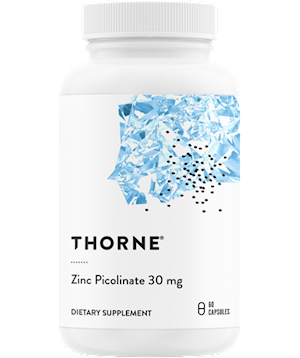
Zinc Picolinate 30mg 60 caps
Original price was: $15.00.$13.75Current price is: $13.75. -
Sale!
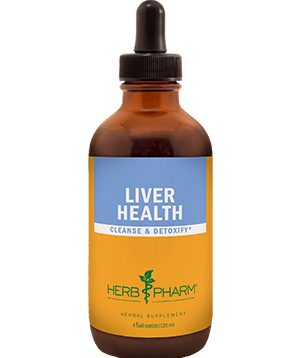
Liver Health Extract 1oz/4oz
$16.98 – $46.00 -
Sale!
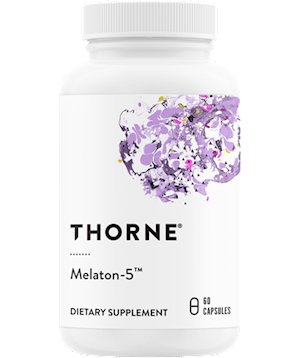
Melaton-5 Melatonin
Original price was: $19.00.$17.50Current price is: $17.50. -
Sale!
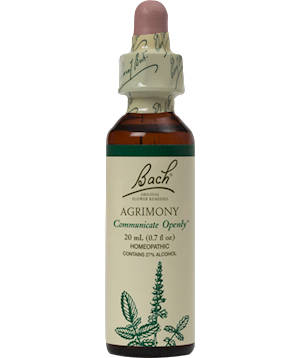
Agrimony Flower Essence 20 ml
Original price was: $19.99.$17.69Current price is: $17.69. -
Sale!
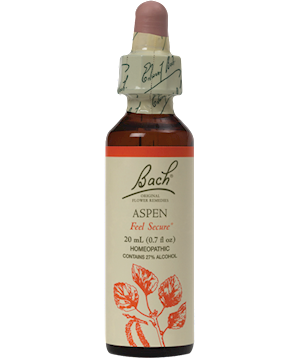
Aspen Flower Essence 20 ml
Original price was: $19.99.$17.69Current price is: $17.69. -
Sale!
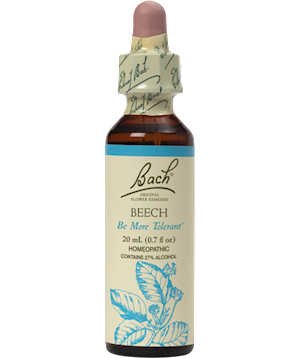
Beech Flower Essence 20 ml
Original price was: $19.99.$17.69Current price is: $17.69. -
Sale!
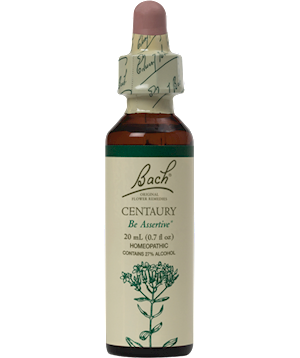
Centaury Flower Essence 20 ml
Original price was: $19.99.$17.69Current price is: $17.69. -
Sale!

Cerato Flower Essence 20 ml
Original price was: $19.99.$17.69Current price is: $17.69. -
Sale!
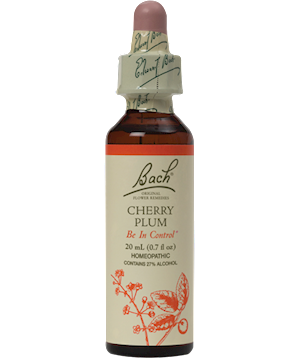
Cherry Plum Flower Essence 20 ml
Original price was: $19.99.$17.69Current price is: $17.69. -
Sale!
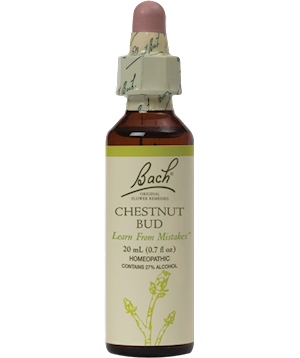
Chestnut Bud Flower Essence 20 ml
Original price was: $19.99.$17.69Current price is: $17.69.
The Wellness Company – 10% discount and membership access to qualified medical healthcare outside of Big Pharma
“I’m not going to listen, or wait, for the government to tell me what to do!” Peter McCullough, MD, MPH, Chief Scientific Officer of The Wellness Company
Can you detox graphene oxide? PoolTalk with Val and HopeGirl
A casual discussion between Hope and Val about detoxing substances like graphene out of the body, digestion and natural healing, and much more!
Tennessee Senate Passes Bill Banning “Chemtrails”
A bill has passed the Tennessee state legislature which aims to target the controversial subject of chemtrails, or more specifically the concept of geoengineering.



